Genomics
-

Tiny RNA molecules in sperm, big impact on baby health
Molecular mechanism uncovered in mice by UC Santa Cruz researchers reveals how a father’s diet, stress, and other environmental factors before conception can influence his offspring’s health
-
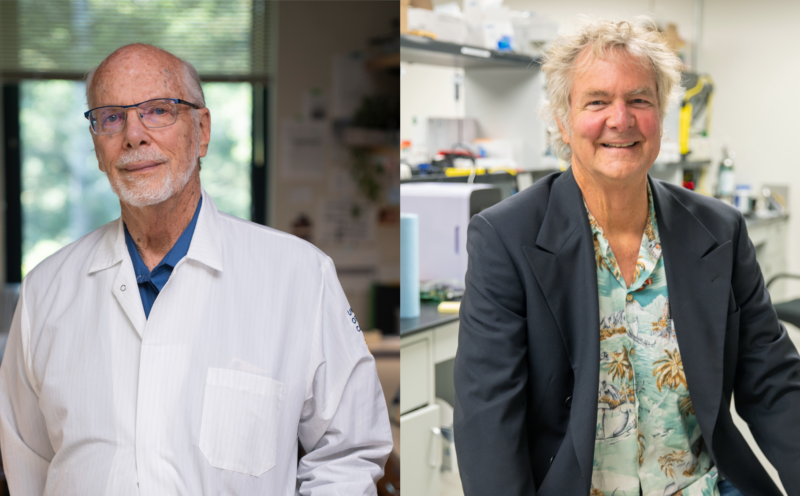
David Deamer and David Haussler elected Fellows of the National Academy of Inventors
The recognition is the highest professional distinction awarded to academic inventors.
-

White House takes eye off the prize by withdrawing support for medical research
As 2025’s Nobel winners are honored this week, 2009 laureate Carol Greider reasserts the vital role of federal funding in fueling future prize-worthy breakthroughs in health and science
-
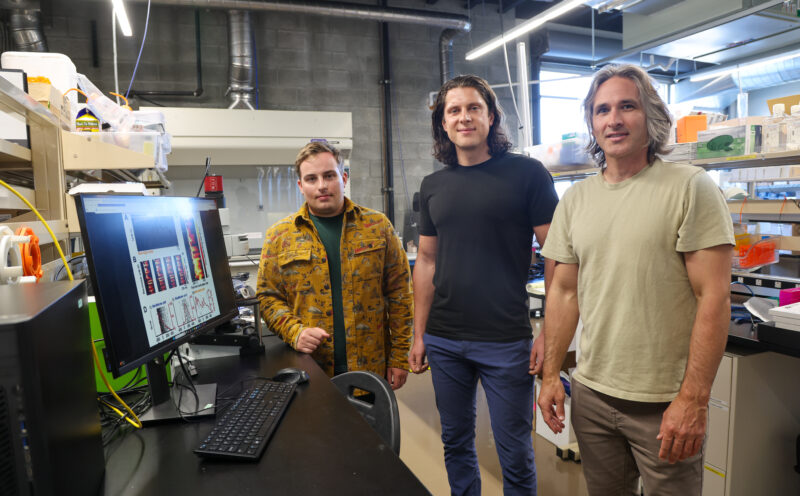
Evidence suggests early developing human brains are preconfigured with instructions for understanding the world
Assistant Professor of Biomolecular Engineering Tal Sharf’s lab used organoids to make fundamental discoveries about human brain development.
-
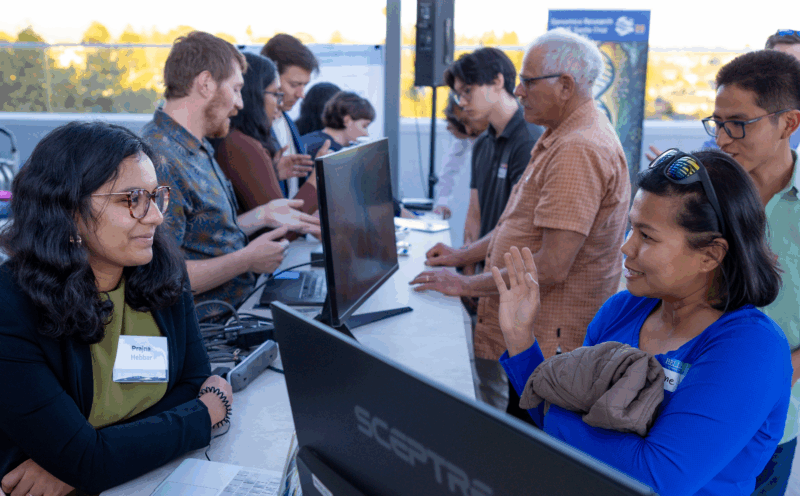
Leading genomics research powers innovation and direct human impact
At a Genomics Rooftop Mixer, UC Santa Cruz Genomics Institute researchers displayed the promise of genomics for improving lives
-
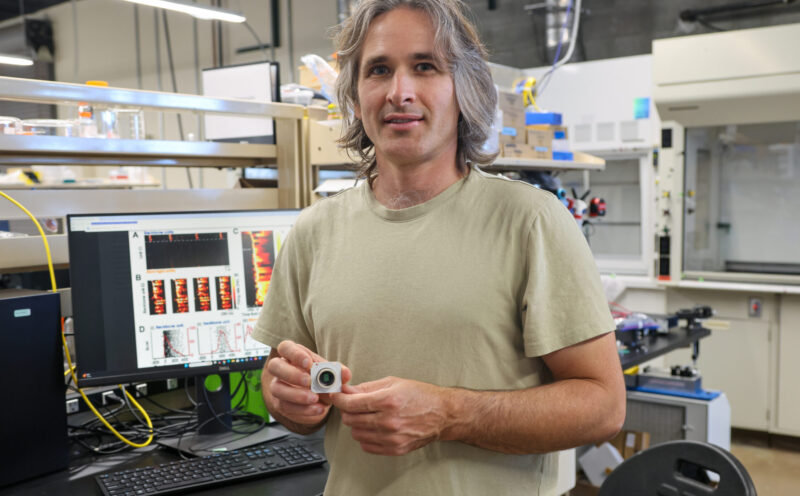
Effort aims to uncover the learning and reasoning potential of brain organoids
The Braingeneers team will test the ability of brain organoids to solve tasks in real time
-

New AI tool detects hidden cancer mutations
UC Santa Cruz researchers unveil DeepSomatic, a deep learning method that will help make genomic sequencing a routine part of how cancer is diagnosed and treated
-
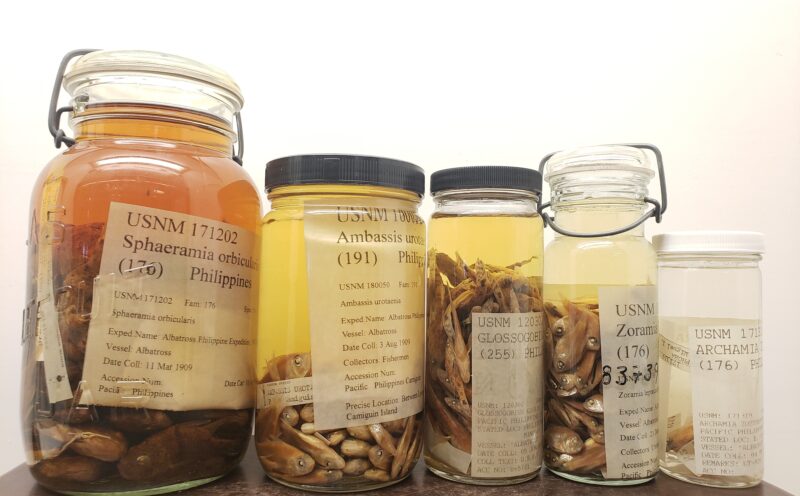
High-proof alcohol preserved century-old fish DNA to enable ‘genomic time travel’
Unusual preservative in specimen jars proved to be a sweet solution for studying changes in genetic diversity among fish populations in the Philippines since the early 1900s
-

New AnVIL Data Explorer makes valuable datasets more accessible for health research
The web-based tool allows scientists to make the most of past research investments by making it easy to find and use already-collected genomic datasets and is expected to accelerate discovery for conditions like cancer, rare disease, and Alzheimer’s.
-

New software promises to make precision genome editing with CRISPR accessible to more researchers
Integration into widely used UCSC Genome Browser makes tool available to entire life-sciences community
-
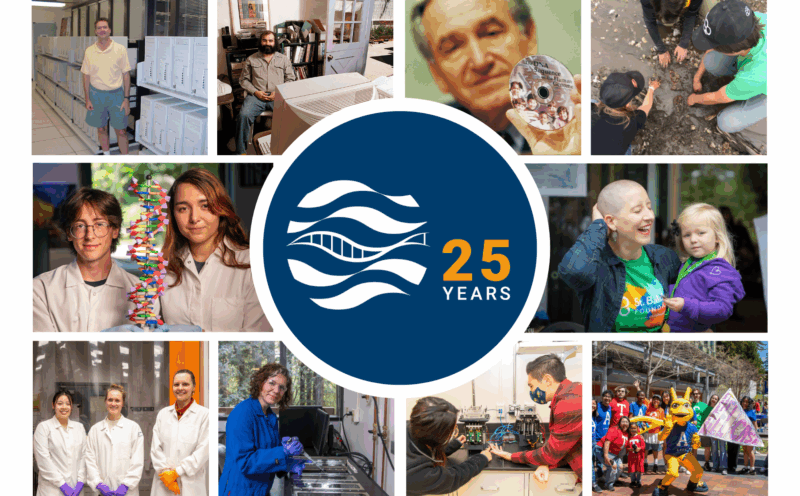
Twenty-five years after the human genome project, a new era is dawning
Today, genomics is saving countless lives and even entire species, thanks in large part to a commitment to collaborative and open science that the Human Genome Project helped promote.
